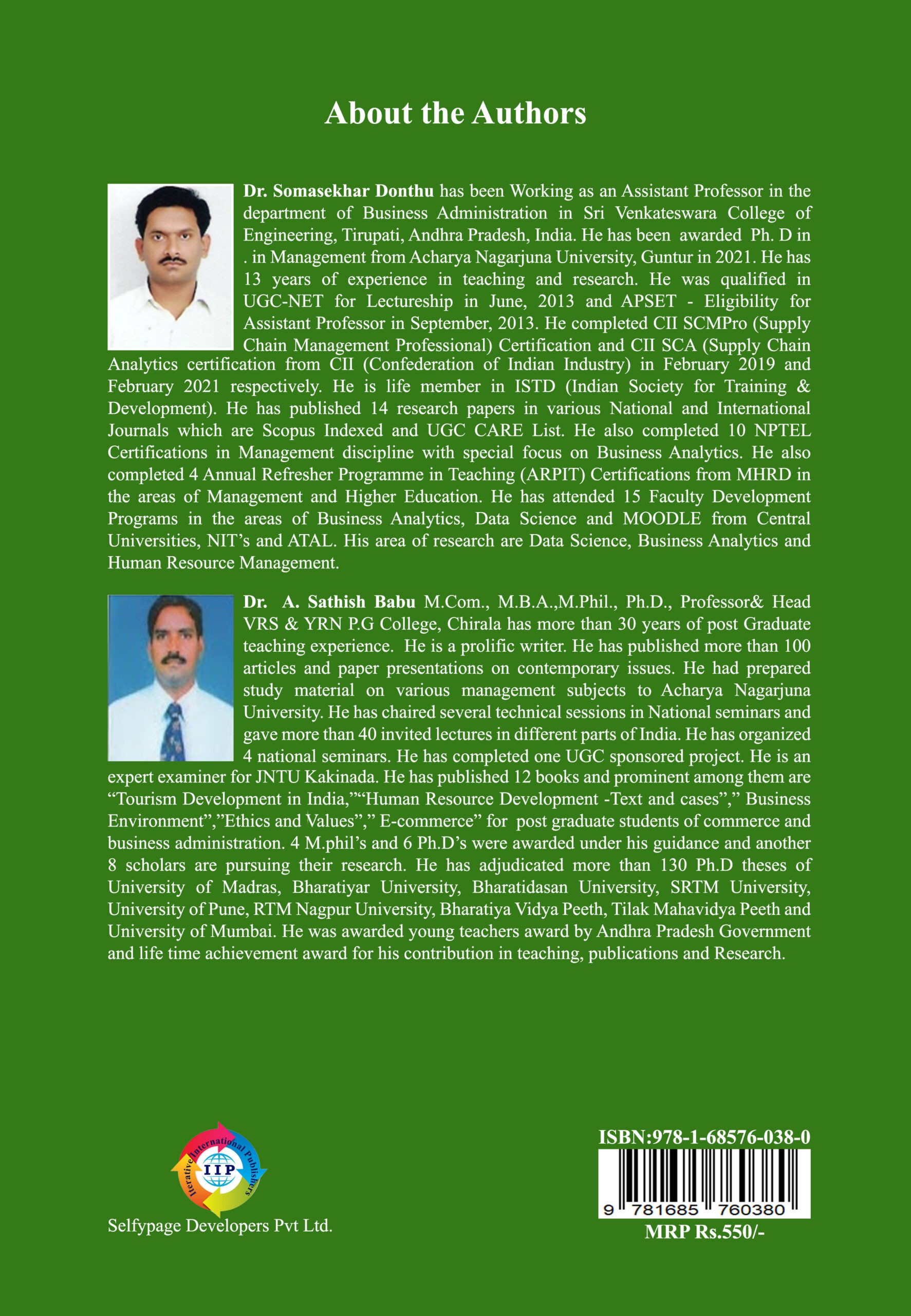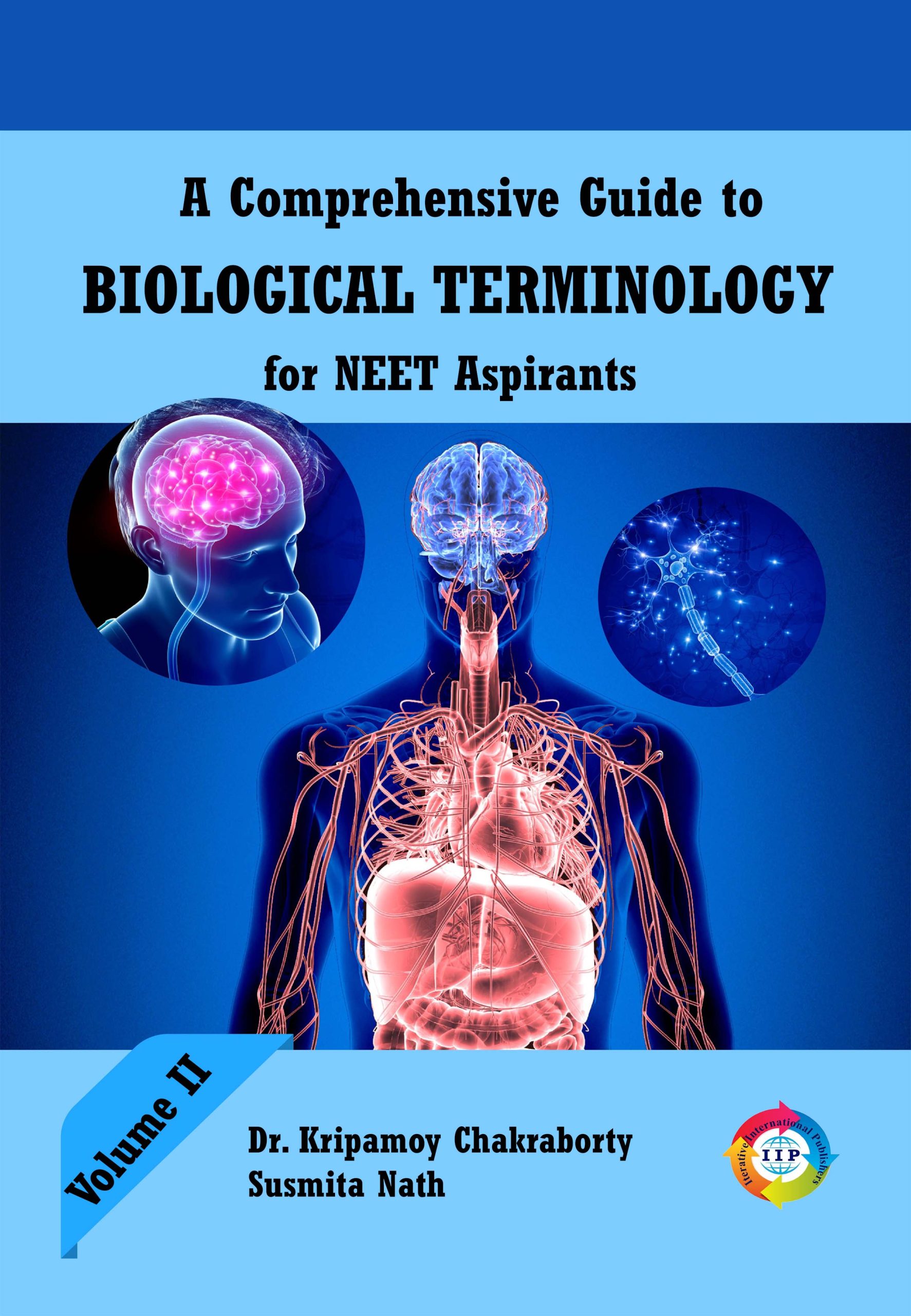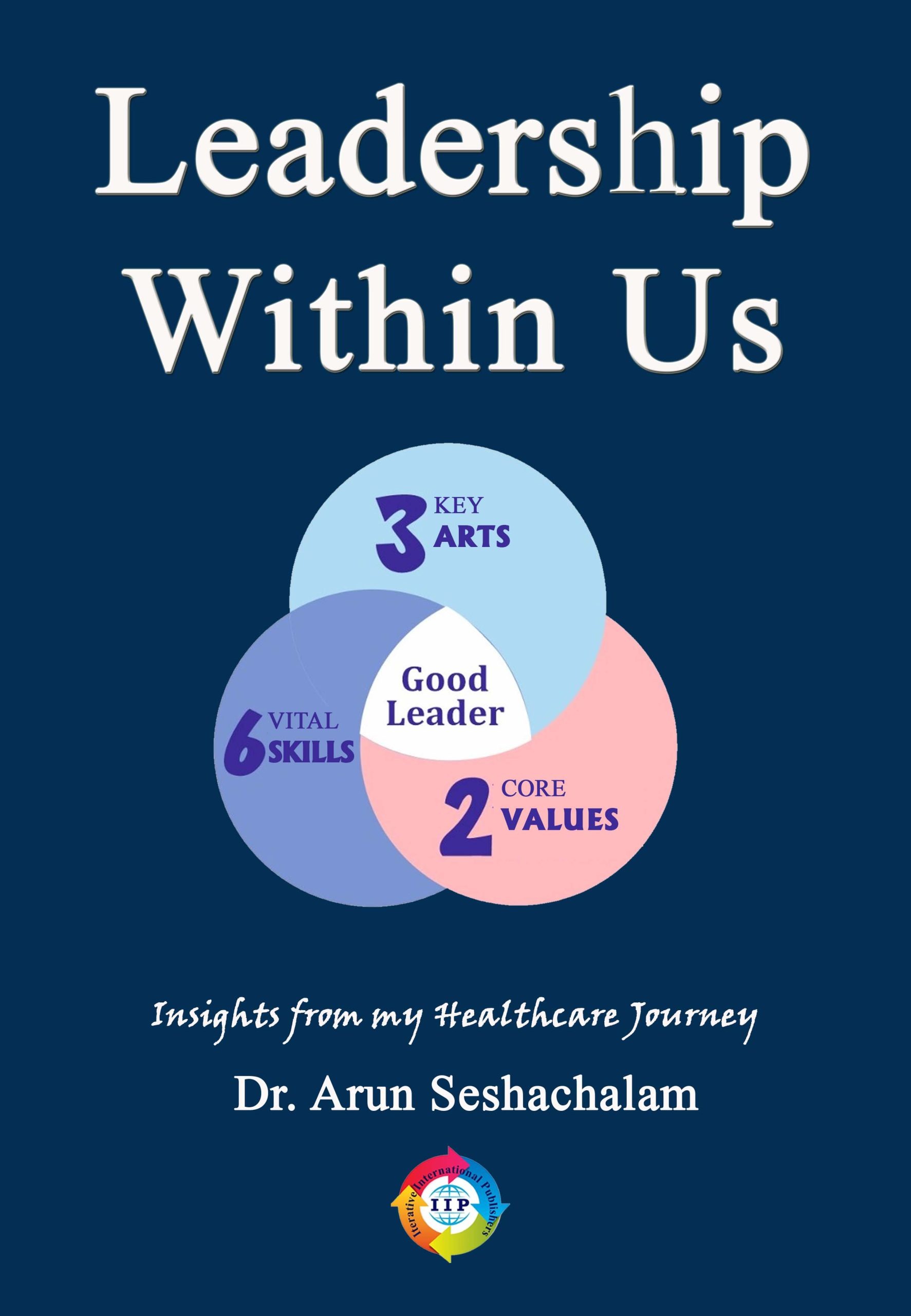“To give real service, you must add something which cannot be bought or measured with money”
Sir M Visvesvaraya
Teachers build not just careers, but futures and destinies as well. They are pivotal in building good society. They shape and mould the youth, who will decide the future destinies of generations to come. On the one hand, they impart knowledge to their students; on the other, they fortify and strengthen their students to shoulder the responsibility of using this knowledge in taking the country forward and making development and progress possible and achievable. For functioning effectively and performing their roles to perfection, teachers require a sense of liberty regarding what they do, recognition for what they have done, job security so that they don’t have to worry about their own lives and thus concentrate on the students assigned to them, as well as novelty of experience and learning to keep them motivated and interested all the time.
Obviously, for a teacher, the job of teaching is a source of income as well as an inseparable and inevitable part of life. The jobs assigned to teachers need them to devote a lion’s share of their daily time for their job. To devote themselves wholly to the task of contributing to the growth and sustenance of the society, teachers need to be satisfied about their careers. In other words, job satisfaction is a necessary prerequisite for the overall wellbeing of a teacher. It plays a vital part in all spheres of human activity and endeavor, and within the limited scope of this study, it is evident that job satisfaction is quintessential in shaping the lives and careers of the teaching faculty in engineering colleges.
As was seen earlier, job satisfaction refers to a state of mind. It may be understood as a tranquil and joyful mental condition produced by a positive assessment and evaluation of one’s job experience and environment. Delving deeper, we can see that there are intrinsic and extrinsic aspects to job satisfaction. The former may be defined as an individual’s mental response to things inherent and fundamental to the job, like the activities involved, utilization of skills and the subsequent feeling of accomplishment. The latter, on the other hand, can be understood as an individual’s mental response to things external to the job, like terms and conditions, politics and policies, the mutual camaraderie among employees and compensation of work.
In this book, we have critically evaluated the strengths and weaknesses in engineering colleges. Job satisfaction plays a pivotal role and faculty members are the pillars of any academic edifice. However, the grassroots realities are entirely different. Policy prescriptions remains on paper only, and there is a lot to do in this direction to see that Indian academic institutions are on par with world class institutions.









Reviews
There are no reviews yet.